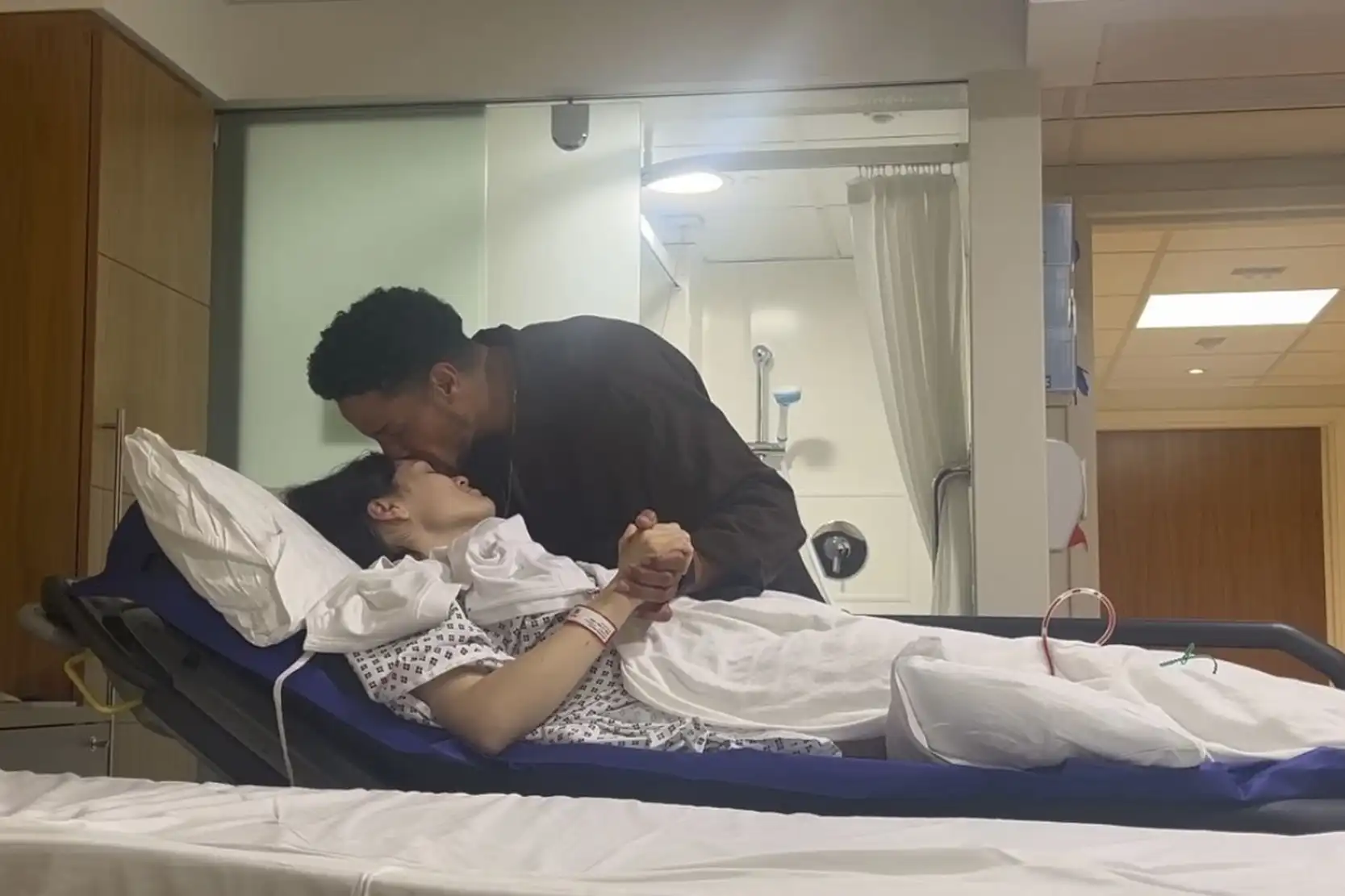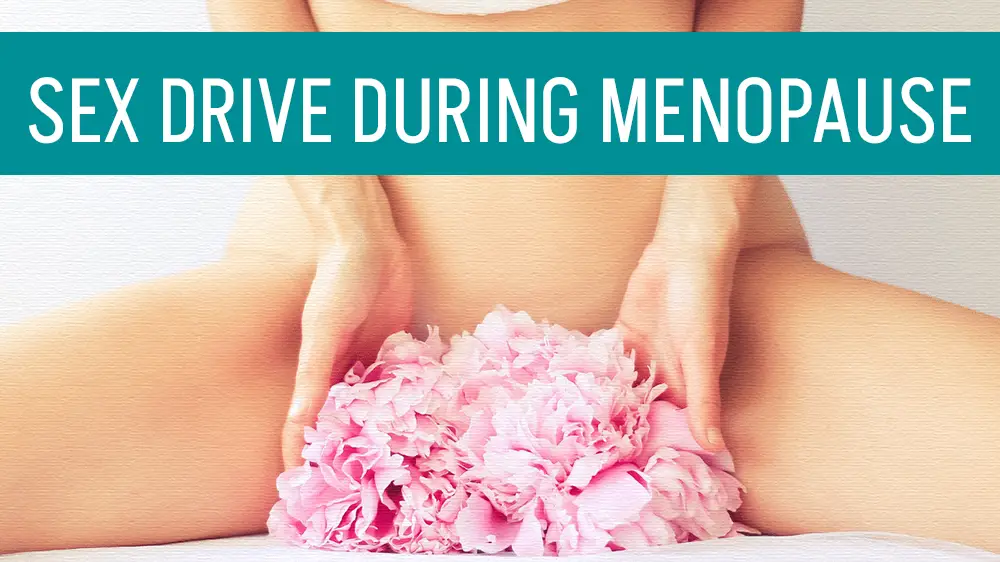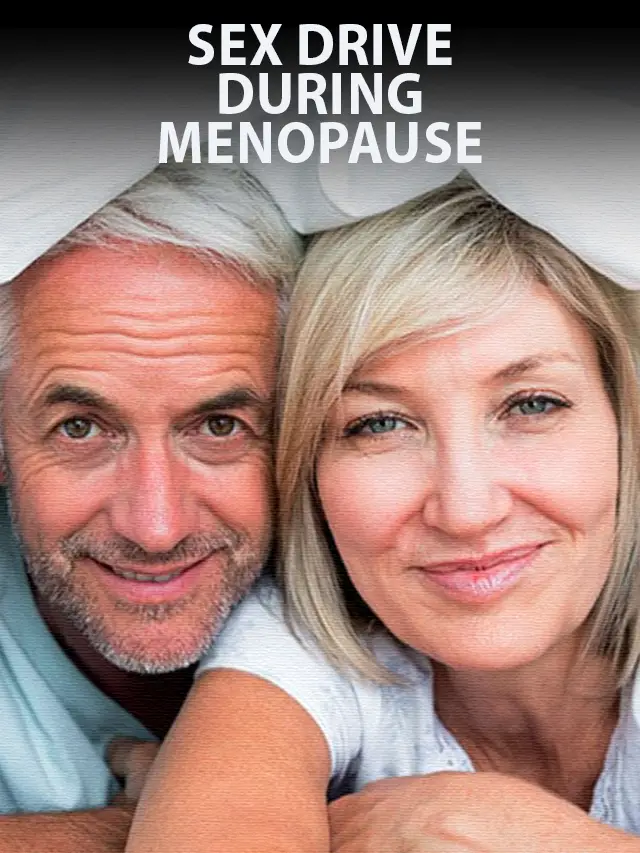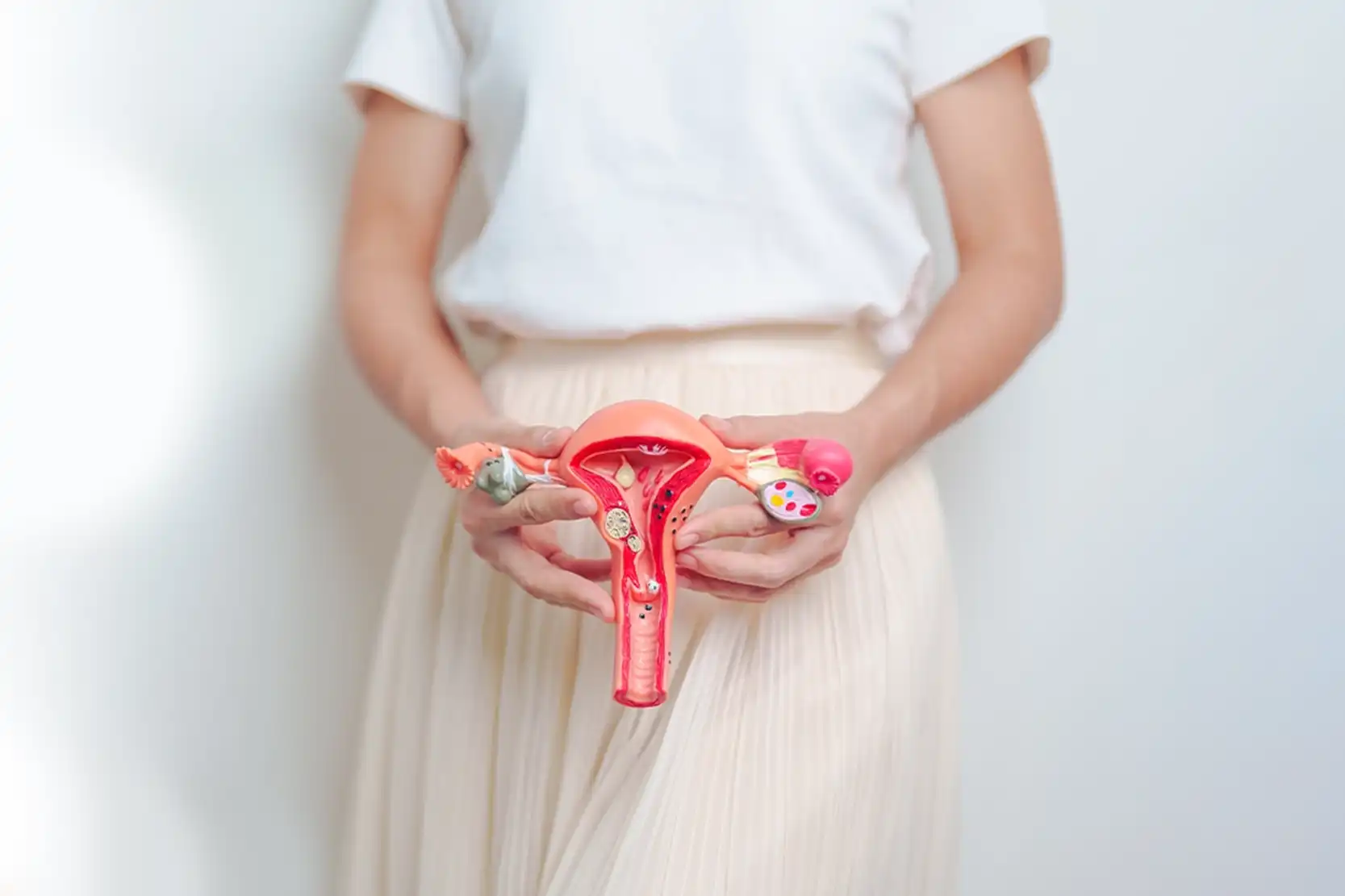
HEALTH NEWS
Managing Sex Drive During Menopause: A Detailed Guide
-
Rahul Priydarss
Explore the nuances of sex drive during menopause with our comprehensive guide. Learn about hormonal influences, managing physical changes, fostering emotional well-being, and enhancing intimacy. Discover expert tips, treatment options, and the importance of open communication for maintaining satisfying relationships during this transformative phase of life.
What Is Manopause:
Menopause marks the end of a woman’s reproductive years, bringing with it various physical and hormonal changes. Sex drive or libido may fluctuate during menopause, affecting women’s sexual experiences differently.

Table of Contents
– Welcome to Doing It, a column where sex educator Dr. Varuna Srinivasan explores the deep connections between sex and emotions. This month, they talk to individuals about how their sex lives changed after menopause.
– Fifty-two-year-old Sara is currently going through menopause and is using this time to reinvent herself. She eventually came out as bisexual and is in the process of obtaining a master’s degree. But she’s also dealing with some less-positive side effects: In addition to all the physical symptoms typically associated with menopause, Sarah experienced a low sex drive, to the extent that she didn’t even want her partner to touch her.
– For people with ovaries, menopause is defined as 12 months without menstruation – usually between the ages of 40 and 58, with the average age of onset being 51 years. There are more than 33 different symptoms associated with menopause. Fluctuations in hormonal levels can cause vaginal dryness, hot flashes, sagging breasts, and weight gain, which can affect one’s sex life.
Hormonal Effects:
Estrogen and progesterone levels decrease during menopause, affecting libido. Estrogen plays an important role in maintaining vaginal health and sensitivity to sexual stimulation.
Variability in libido:
Not all women experience a decreased sex drive during menopause; Some may not notice growth or any significant changes. Relationship satisfaction, emotional well-being, and overall health can affect libido.

Physical Changes:
Declining estrogen levels can cause vaginal dryness, discomfort during intercourse, and decreased arousal. Addressing vaginal dryness through lubricants, moisturizers, or hormone therapy may improve sexual comfort and satisfaction.
Emotional Well-Being:
Self-care practices, including regular exercise and a balanced diet, can enhance mood and overall well-being, positively affecting libido. Open communication with partners about desires, concerns, and preferences promotes intimacy and mutual support in managing sexual changes.
Relationship Dynamics:
Feeling supported, valued, and emotionally connected to a partner can contribute to continued interest in sexual activity. Prioritizing intimacy through shared activities, affection, and emotional connection strengthens relationships during menopause.
Management Of Symptoms:
Seeking guidance from healthcare providers with expertise in menopause or sexual health may provide tailored treatment options. Hormone therapy, either locally or systemically, may help reduce symptoms and improve sexual function for some women.
Managing changes in sex drive during menopause involves addressing both physical and emotional factors. Here are some strategies to help manage symptoms related to sex drive during this transitional phase:
Communication: Open and honest communication with your partner about changes in sex drive, desires, and concerns is essential. Discussing preferences, fears, and expectations can help maintain intimacy and understanding.
Lubricants and Moisturizers: Vaginal dryness, a common symptom of menopause, can lead to discomfort during intercourse. Using water-based lubricants or vaginal moisturizers can help alleviate dryness and improve comfort.
Hormone Therapy: For some women, hormone therapy (estrogen therapy or estrogen with progestin therapy) may help alleviate symptoms of menopause, including vaginal dryness and decreased libido. However, hormone therapy has potential risks and side effects, so it’s essential to discuss the benefits and risks with a healthcare provider.
Pelvic Floor Exercises: Strengthening the pelvic floor muscles through exercises such as Kegels can improve vaginal tone, blood flow, and sensation, enhancing sexual pleasure and satisfaction.
Relaxation Techniques: Stress and anxiety can negatively impact libido and sexual function. Practicing relaxation techniques such as deep breathing, meditation, yoga, or mindfulness can help reduce stress levels and improve overall well-being.
Foreplay and Sensual Touch: Prioritizing extended foreplay and sensual touch can enhance arousal and intimacy, making sexual experiences more enjoyable and satisfying.
Healthy Lifestyle Habits: Maintaining a healthy lifestyle, including regular exercise, balanced nutrition, adequate sleep, and stress management, can support overall well-being and sexual health during menopause.
Importance Of Communication:
Open and honest communication with healthcare providers facilitates understanding and access to appropriate resources and support. Discussions with partners about sexual desires, concerns, and preferences promote intimacy and mutual satisfaction.
Exploring Treatment Options:
Hormone therapy, vaginal estrogen creams, and other medications may be prescribed to manage symptoms such as vaginal dryness and discomfort. Lifestyle modifications, including stress reduction techniques and relaxation exercises, can enhance sexual well-being. Treatment options for low sex drive during menopause include.
Hormone Therapy (HT):
Estrogen therapy, alone or in combination with progesterone, can help alleviate symptoms of vaginal dryness, discomfort, and low libido associated with menopause. It can be administered via pills, patches, creams, or vaginal rings.
Non-Hormonal Therapies:
Lubricants and moisturizers: Over-the-counter vaginal lubricants and moisturizers can help alleviate vaginal dryness and discomfort during intercourse, enhancing sexual pleasure and intimacy.
Ospemifene (Osphena): This medication is a selective estrogen receptor modulator (SERM) that helps relieve vaginal dryness and pain during intercourse by acting like estrogen on vaginal tissues.
Dehydroepiandrosterone (DHEA): DHEA is a hormone precursor that can be converted into estrogen and testosterone in the body. DHEA vaginal suppositories may improve vaginal dryness and sexual function in some women.
Counseling and Therapy:
Sex therapy: Counseling with a qualified sex therapist can help address emotional and psychological factors contributing to low libido and sexual difficulties during menopause. Therapy may focus on communication, relationship issues, and sexual techniques to improve intimacy and satisfaction.
Couples therapy: Involving a partner in therapy sessions can facilitate open communication, enhance mutual understanding, and promote shared decision-making regarding sexual health and intimacy.
Alternative Therapies:
Herbal supplements: Some herbal supplements, such as ginseng, maca, and Tribulus terrestris, are believed to have aphrodisiac properties and may help improve sexual desire and function in some individuals. However, evidence regarding their effectiveness and safety is limited, and consultation with a healthcare provider is recommended before use.
Maintaining Intimacy:
Accepting changes in sexual desire and exploring alternative forms of intimacy promotes connection and satisfaction. Prioritizing emotional intimacy through affection, communication, and shared experiences strengthens relationships during menopause.
Empowerment Through Knowledge:
Understanding the factors that affect sex drive during menopause empowers women to make informed decisions about their sexual health. Education and awareness help de-stigmatize discussions about menopause and sexuality, promoting acceptance and support.
FAQs: Sex Drive During Menopause:
A1: Hormonal fluctuations, particularly declining estrogen levels, influence libido during menopause.
A2: No, some women may experience an increase or no significant change in sex drive during menopause.
A3: Using lubricants, moisturizers, or hormone therapy can alleviate vaginal dryness and discomfort.
A4: Communication with partners about desires and concerns fosters intimacy and support in navigating changes.
A5: Healthcare providers offer tailored treatment options, including hormone therapy and lifestyle modifications, to address symptoms and enhance sexual well-being.

-Please remember, to always consult with healthcare professionals or Doctors for personalised advice related to medical conditions.
Conclusion:
Understanding sex drive during menopause is a multifaceted journey that requires understanding, communication, and support. By prioritizing self-care, seeking guidance from healthcare providers, and fostering open communication with partners, women can embrace their sexuality with confidence and maintain fulfilling relationships during this transformative stage of life.
Previous Post




